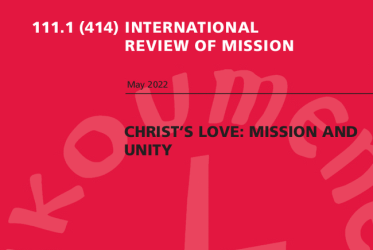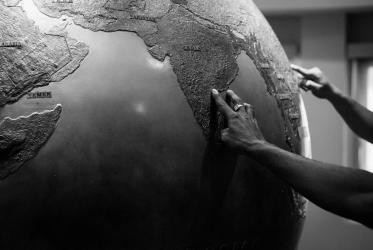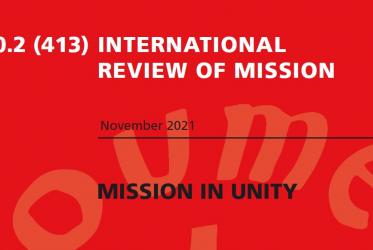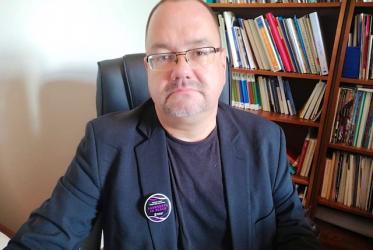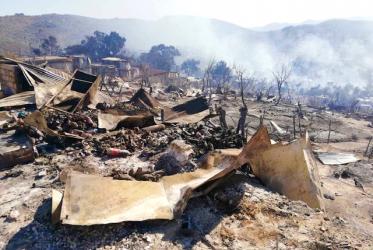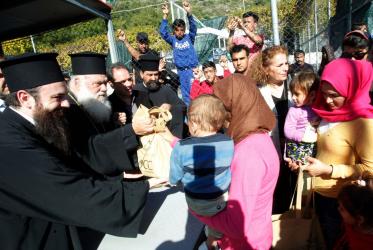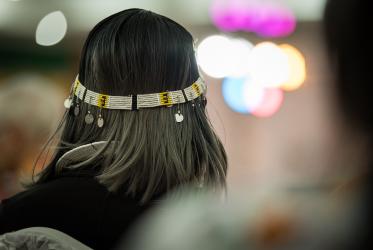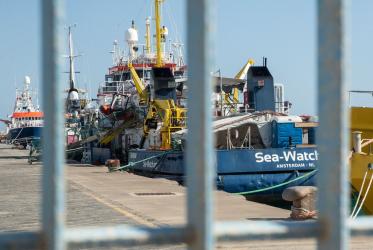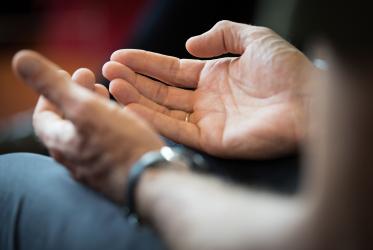Displaying 1 - 20 of 74
Upcoming webinar will focus on COVID-19 and caste discrimination
24 February 2022
Church of Sweden publicly apologises for abuse of Sámi people
26 November 2021
WCC honors world’s indigenous communities
07 August 2020
CCIA meets in Brisbane with focus on Pacific regional priorities
19 February 2020

